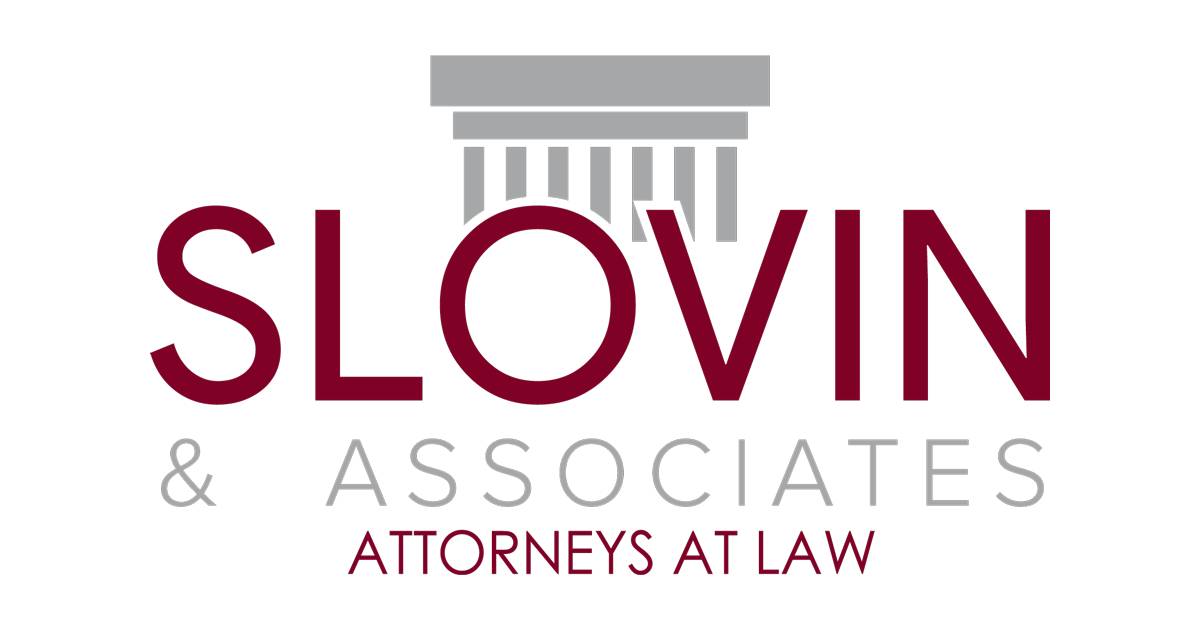In March of 2014 the US District Court of for the Eastern District of Kentucky discussed the application of the Fair Debt Collection Practices Act (“FDCPA”) to bankruptcy proof of claim filings. Plaintiff, Mallard, filed an adversarial proceeding with the bankruptcy court alleging that Defendant’s failure to redact numerical medical billing codes in a proof of claim filing violated the FDCPA and constituted harassment because the codes disclosed private medical information. In granting summary judgment in favor of Defendants, the US District Court for the Eastern District of Kentucky found that the FDCPA does not apply to proof of claim filings.
On October 1, 2012, the Plaintiff filed for bankruptcy protection under Chapter 13. On October 22, 2012, Wynn-Singer filed a proof of claim on behalf of Infectious Disease Consultants (“IDC”), a Kentucky healthcare provider. In their claim, Wynn-Singer attached unredacted billing records which included codes for the Plaintiff’s medical condition. On April 1, 2013, the Plaintiff filed an adversary proceeding. Mallard alleged that the disclosure of the private health information constituted harassment in violation of the FDCPA. When Wynn-Singer filed its Motion for Summary Judgment they asserted that filing a proof of claim cannot be the basis for an action under the FDCPA. The Plaintiff claims that by disclosing his medical information, Wynn-Singer violated 15 U.S.C. §1692d, which prohibits harassment or abuse in connection with the collection of a debt and 15 U.S.C §1692f, which prohibits unfair or unconscionable means of debt collection.
Although the Sixth Circuit has not specifically addressed the applicability of the FDCPA to proofs of claims, it has found that the FDCPA is broadly construed. Hartman v. Great Seneca Fin. Corp., 569 F.3d 606 (6th Cir. 2009). However, the Kentucky District Court reasoned that “for a communication to be in connection with the collection of a debt, an animating purpose of the communication must be to induce payment by the debtor.” citing Grden v. Leikin Ingber & Winters PC, 643 F.3d 169, 173 (6th Cir. 2011). The court determined that the filing a proof of claim does not constitute a demand for payment from a debtor. Rather, at best, it is a request to participate in the claims allowance process of a debtor’s estate. 11 U.S.C. §§ 502, 1306, 1326.
In reaching this decision, the court cited favorably to the Bankruptcy Court of the Northern District of Georgia which explained:
[F]iling a proof of claim in bankruptcy cannot be the basis for an FDCPA claim because it is not an activity against a consumer debtor. The FDCPA is designed to regulate debt collection activities against unsophisticated consumers. To constitute a debt collection activity under the FDCPA, the activity must asserted against a consumer. The filing of a proof of claim is a request to participate in the distribution of the bankruptcy state under court control. In re McMillen, 440 B.R. 907, 912 (Bankr. N.D. Ga. 2010)
The court further reasoned that the purpose of the FDCPA is to eliminate abusive debt collection practices to protect consumers. The FDCPA defines “consumer” as “any natural person obligated or allegedly obligated to pay any debt.” 15 U.S.C. §1692a(3). Under this definition, the court found that the debtor’s estate is not a natural person and as such, filing a proof of claim is not a form of debt-collection activity.
While the court dismissed the FDCPA claims, care should always be taken when filing claims of a medical nature. In this case, the codes disclosed Plaintiff’s HIV diagnosis. It was argued, that this disclosure violates Kentucky Revised Statute 214.181 which prohibits the disclosure of HIV test results. The court allowed these claims to proceed. The court also noted that such disclosures could cause issues with medical licensing boards and federal regulations under HIPPA.
The Full Text of the Opinion May be Found Here.
Many thanks to Kim Goldwasser for her contributions to this article. Kim is a paralegal with Slovin & Associates Co., L.P.A.




